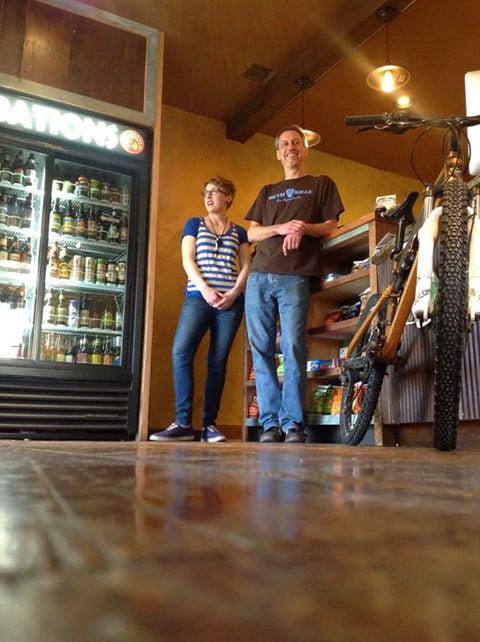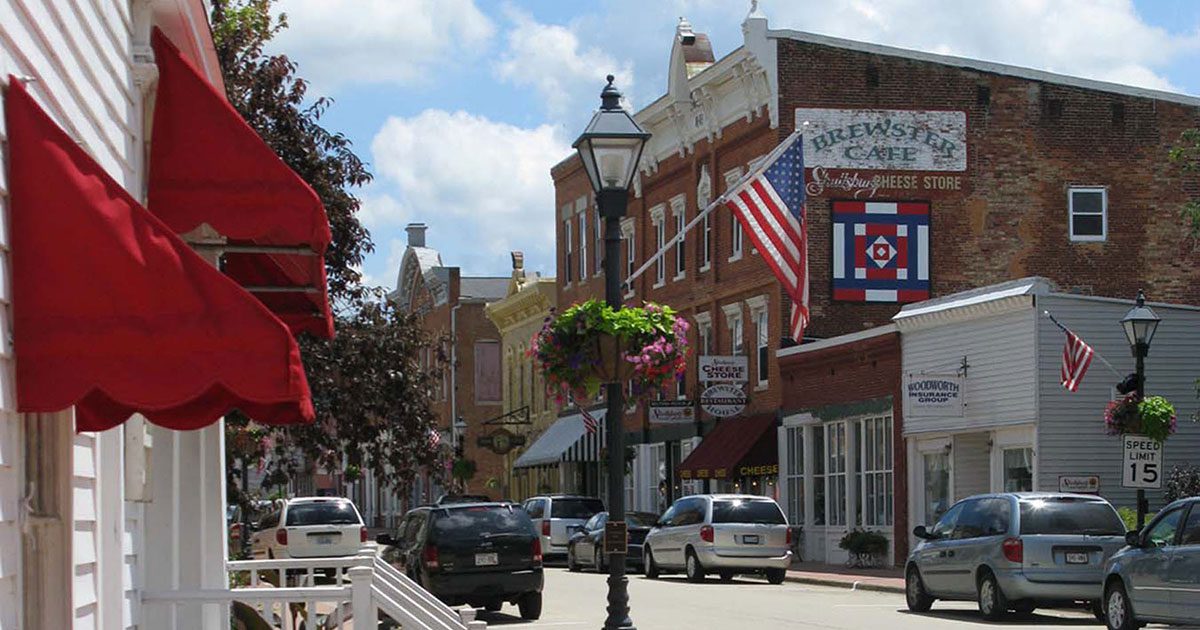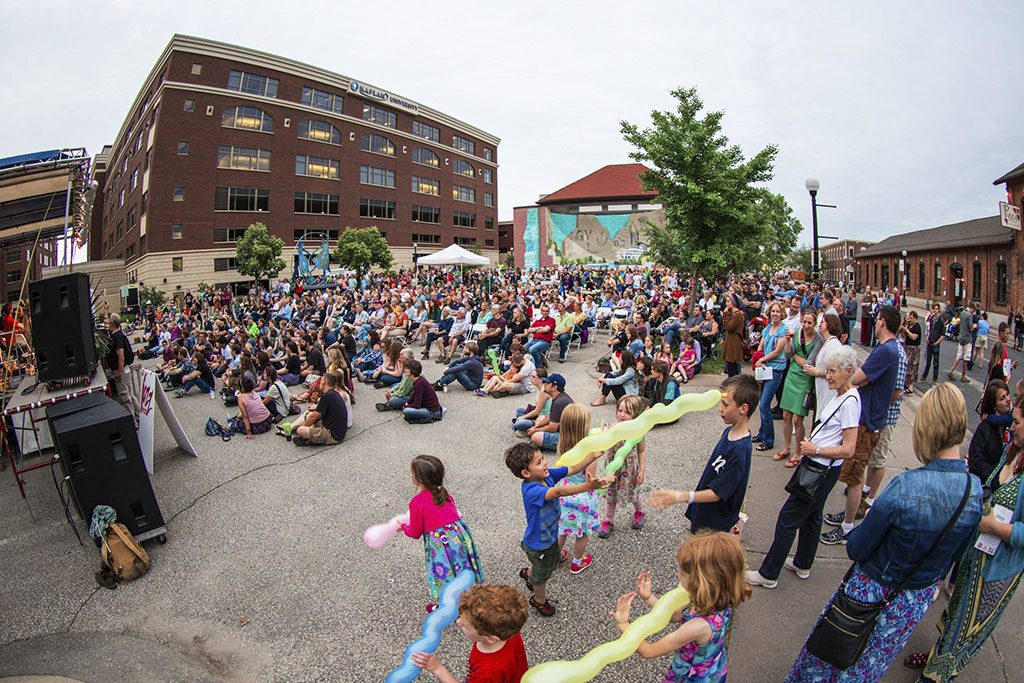What does it mean to be business-friendly? If your community believes that it has a culture of saying yes to small businesses, what has been done to verify and credibly promote this culture? To test this theory, ask yourself the following questions:
- Is a small business-friendly attitude reflected in the zoning?
- Are there districts that allow multiple types of businesses to open easily without conditional use permits? For instance, if a cat café (it’s a new thing, Google it) wanted to open locally, is there anywhere this is feasible?
- How many meetings would it take to obtain the necessary approvals?
- What is the typical cost to a business that wants to open in an existing commercial space within your community? Are these appropriate relative to the local economy?
A 2014 study of permitting fees in mid-sized Wisconsin communities found that the typical cost of opening (with minor modifications) a new retail store in an existing building ranged from $450 to $2,000. If monthly storefront rent downtown is $500, permit fees exceeding that amount, if not adequately budgeted for, could have a significant negative impact on new business viability. Similarly, how many individuals or committees are involved in approvals required of the same small business prior to opening? Is there an easy way for a prospective business to understand the process and timeline for these various approvals?
In the same study, the same prospective new business would have required approvals from a range of one to four separate individuals or municipal bodies, often with different meeting frequencies and agenda requirements. In many instances, missing a notice deadline could delay a project by a month or more, similarly costing the business a substantial amount of (unbudgeted) lost revenue. Although these costs and delays might not seem significant relative to other startup costs, the average startup budget for small businesses is between $5,000 and $10,000, meaning that every penny counts, especially in the first year when business is slow.
Communities wishing to truly become small business-friendly should review their permitting process from this perspective to identify and address potential issues, especially for the type of projects commonly associated with startup businesses. Additionally, communities can take some proactive steps to make this process easier and more transparent to prospective businesses, regardless of cost. Consider:
- Creating a new business guide highlighting important fees and deadlines.
- Cultivating a mentor network to help acclimate new businesses to the community.
- Maintain a cumulative list of potential prospects. It can take up to five years from concept to opening, and periodic messages to prospects makes them feel welcome while keeping your community top of mind.







